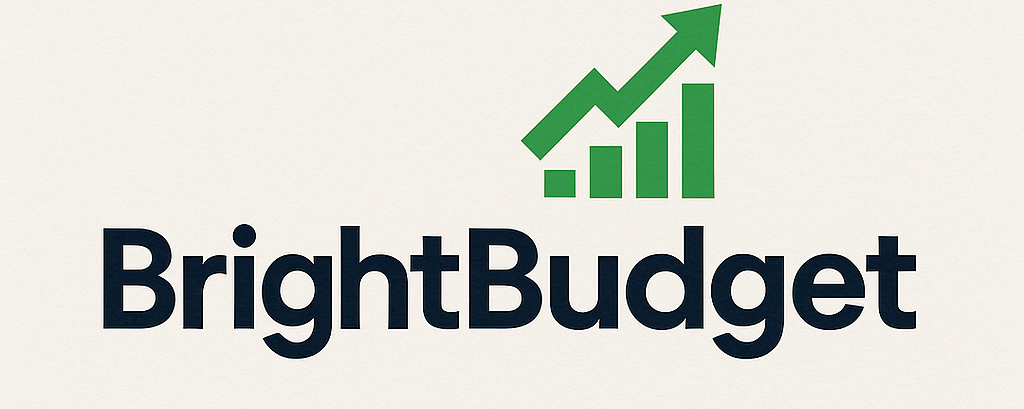How to Start Budgeting: A Beginner’s Guide to Taking Control of Your Money
If you’ve ever looked at your bank account and thought, “Where did all my money go?” — you’re not alone. Learning how to start budgeting is one of the smartest things you can do to take control of your financial future.
In this guide, we’ll walk you through how to create a simple, effective budget—even if you’ve never done it before. By the end, you’ll be on your way to reducing stress, saving more money, and feeling confident about your finances.
✅ Why Budgeting Matters – how to start budgeting
Budgeting isn’t about restricting your spending—it’s about giving every dollar a job. It helps you:
- Track where your money is going
- Plan for the future
- Reduce financial stress
- Avoid debt
- Save for your goals
Whether you’re saving for a vacation, an emergency fund, or just trying to get through the month, a budget is your roadmap.
🧩 Step 1: Know Your Income
Start by calculating how much money you make each month. This includes:
- Salary (after taxes)
- Freelance income
- Side hustles
- Any other sources of income
🔗 Free Tool: Download our Monthly Budget Template to track your numbers.
💸 Step 2: Track Your Expenses -how to start budgeting

Write down everything you spend money on. Break your spending into categories like:
- Rent or mortgage
- Utilities
- Groceries
- Transportation
- Subscriptions
- Entertainment
Start by reviewing the last 1–2 months of bank and credit card statements to see where your money actually goes. You might be surprised.
🧮 Step 3: Create Your Budget
Now it’s time to build your actual budget. List all your income and subtract all your expenses. Aim to follow this basic rule:
50/30/20 Rule:
- 50% Needs (housing, food, bills)
- 30% Wants (fun, dining out, hobbies)
- 20% Savings & Debt Repayment
If your expenses are higher than your income, look for places to cut back.
💡 Step 4: Set Financial Goals – how to start budgeting
What are you budgeting for? Maybe you want to:
- Build an emergency fund
- Pay off credit card debt
- Save for a house or car
- Travel more
Having clear goals gives your budget purpose and keeps you motivated.
🔁 Step 5: Track and Adjust Monthly
Budgets aren’t set in stone. Review your budget every month and adjust as needed. Life changes, so your budget should too.
Pro Tip: Use free tools like Mint, YNAB (You Need A Budget), or Google Sheets to track everything easily.
📥 Free Download: Budgeting Template for Beginners -how to start budgeting
To help you get started, we’ve created a simple Excel template that you can customize for your own needs.
👉 Click here to download your free Budgeting Template
✅ Final Thoughts
Budgeting is the foundation of personal finance. It doesn’t have to be complicated—it just needs to work for you. The key is to start small, be consistent, and keep adjusting as your life and goals change.
Stay tuned to BrightBudget for more beginner-friendly tips on saving, investing, and making your money work smarter. You’ve got this!

